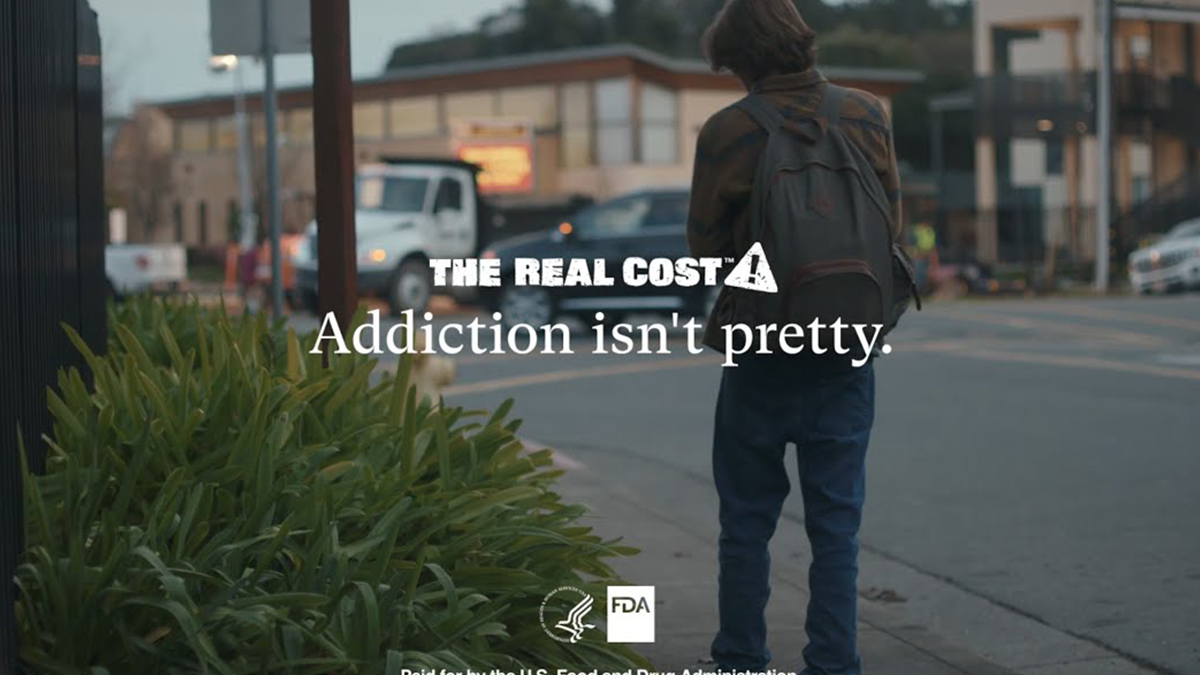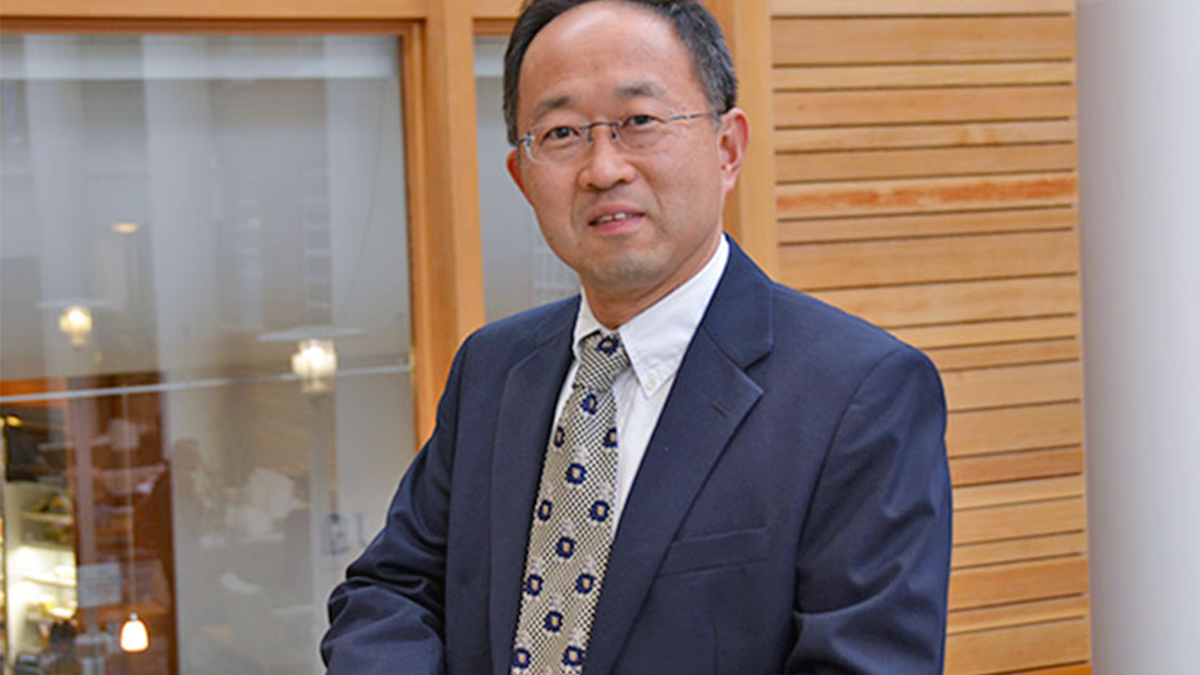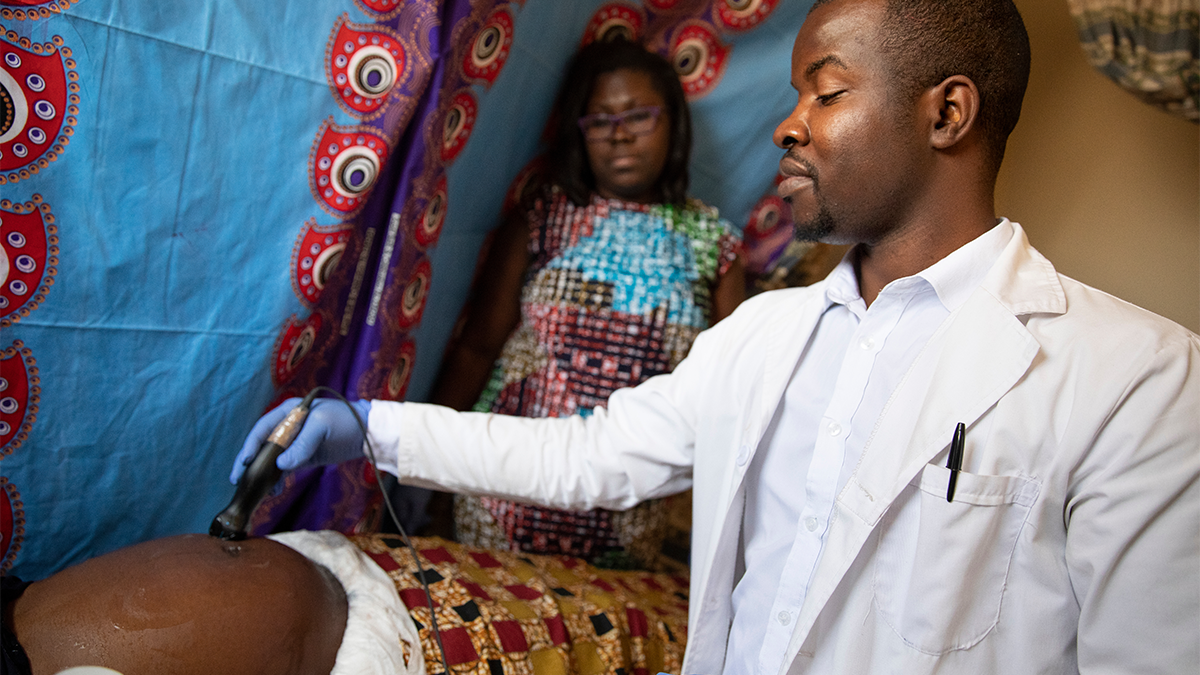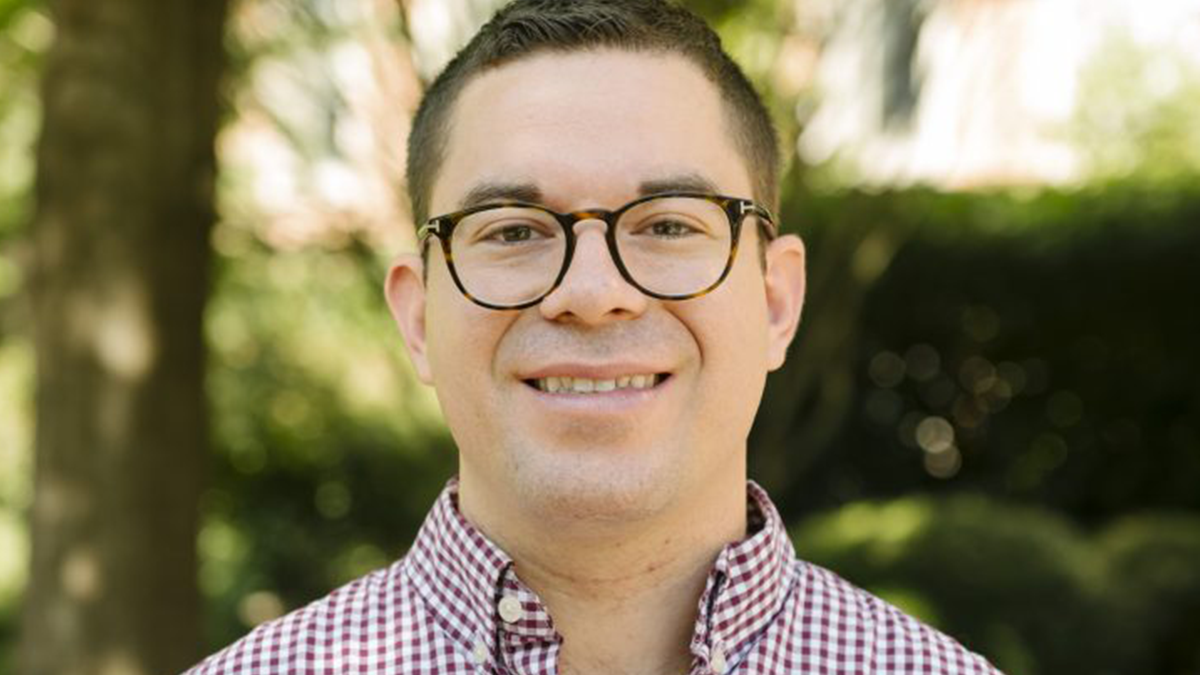Angling for Solutions
Rebecca Fry’s lab is one of the first to study the effects of prenatal exposure to toxic metals as it relates to the epigenome.
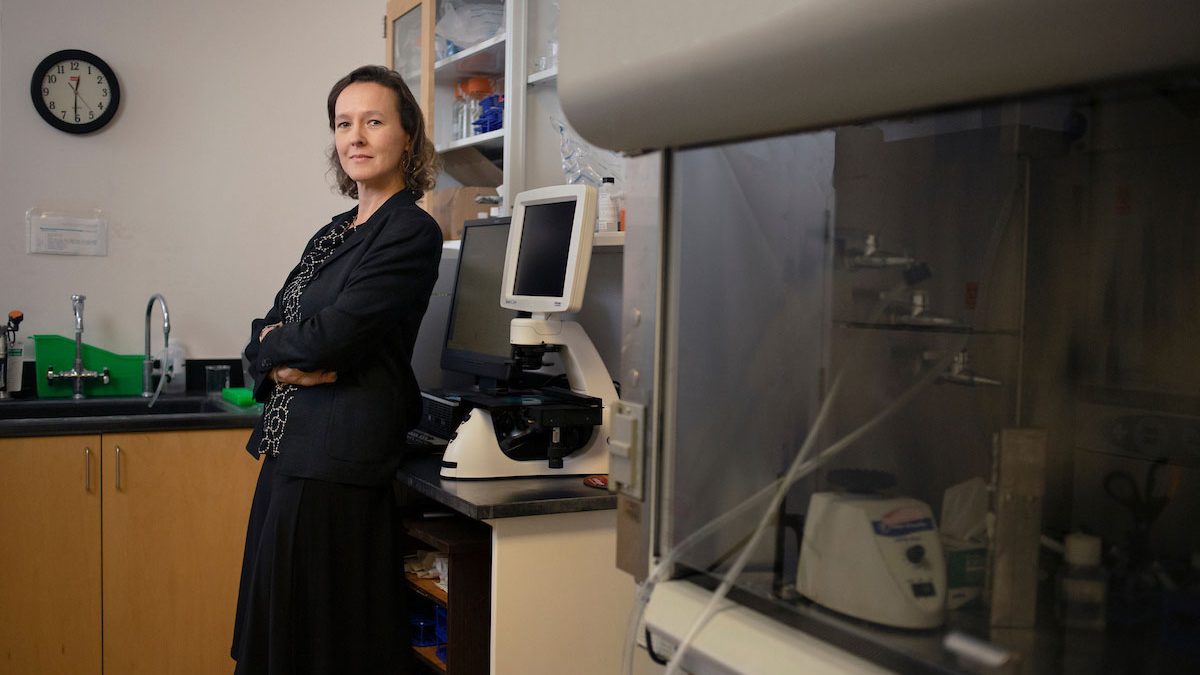
Rebecca Fry’s lab is one of the first to study the effects of prenatal exposure to toxic metals as it relates to the epigenome.
Rebecca Fry’s lab is one of the first to study the effects of prenatal exposure to toxic metals as it relates to the epigenome — she has shown how behaviors and the environment can cause changes that affect the way genes function.
“This method highlights a way that we can understand how chemicals can have very long lasting and even transgenerational impacts,” said Fry, the Carol Remmer Angle Distinguished Professor in Children’s Environmental Health at the UNC Gillings School of Global Public Health. In other words, environmental hazards can change a gene activity and those changes can be passed to future generations.
Thankfully, Fry’s lab is focused on solutions. “One of the things I love about working at Gillings is having opportunities to translate our work to something meaningful to communities and populations,” Fry said. “And we do that from many different angles.”
One of Fry’s first environmental health studies was on the effects of arsenic exposure during pregnancy and how that influenced the health of the child. While that study was focused on arsenic exposure in Thailand, Fry learned quickly after coming to Chapel Hill that she wouldn’t have to go outside the state’s borders to continue her research on arsenic poisoning. She launched the Institute for Environmental Health Solutions and is using funds from the Angle Professorship and the UNC Superfund Research Program, which she directs, to work with North Carolina communities that have contaminated drinking water and provide them with cost-effective filters.
Building on that research and more than 20 years of data, she collaborated with colleagues across campus and the North Carolina Department of Health and Human Services to launch NC ENVIROSCAN. The user-friendly, web-based tool integrates the state’s data on chemical exposures, social factors and various health outcomes to identify areas of environmental injustice, where chemical exposure is high and where communities likely don’t have the money they need to have their water tested or have filters in their homes for protection. Community members, policymakers, clinicians, government agencies — everyone has access to this tool at enviroscan.orgOpens in new window.
Fry is also piloting a project with clinicians in maternal fetal medicine at UNC Hospitals, where more than 3,000 women give birth each year. The research team collects information on whether those women are on public or private drinking water at their homes. They then collect samples and test the patients’ drinking water. “If a subject’s test shows toxic metal levels to be high, we provide filters at no cost,” Fry said, noting that she would like to see these tests and services become standard practice for pregnant patients.
And somehow, on top of all of the above and more, Fry finds time to mentor the next generation of environmental health scientists. With funds from the Angle Professorship, she launched a summer program to increase undergraduate student awareness of environmental health careers, with a focus on historically underrepresented populations in STEM.
“Undergraduate students are paired with graduate student researchers, and they just begin to learn the language of science and are exposed to tools, techniques and data sets,” Fry said. “It’s exciting to see everything they can do in a few months, in one summer program. My goal for them is they’ll learn about environmental health science sooner than I did — because I love it so much.”


